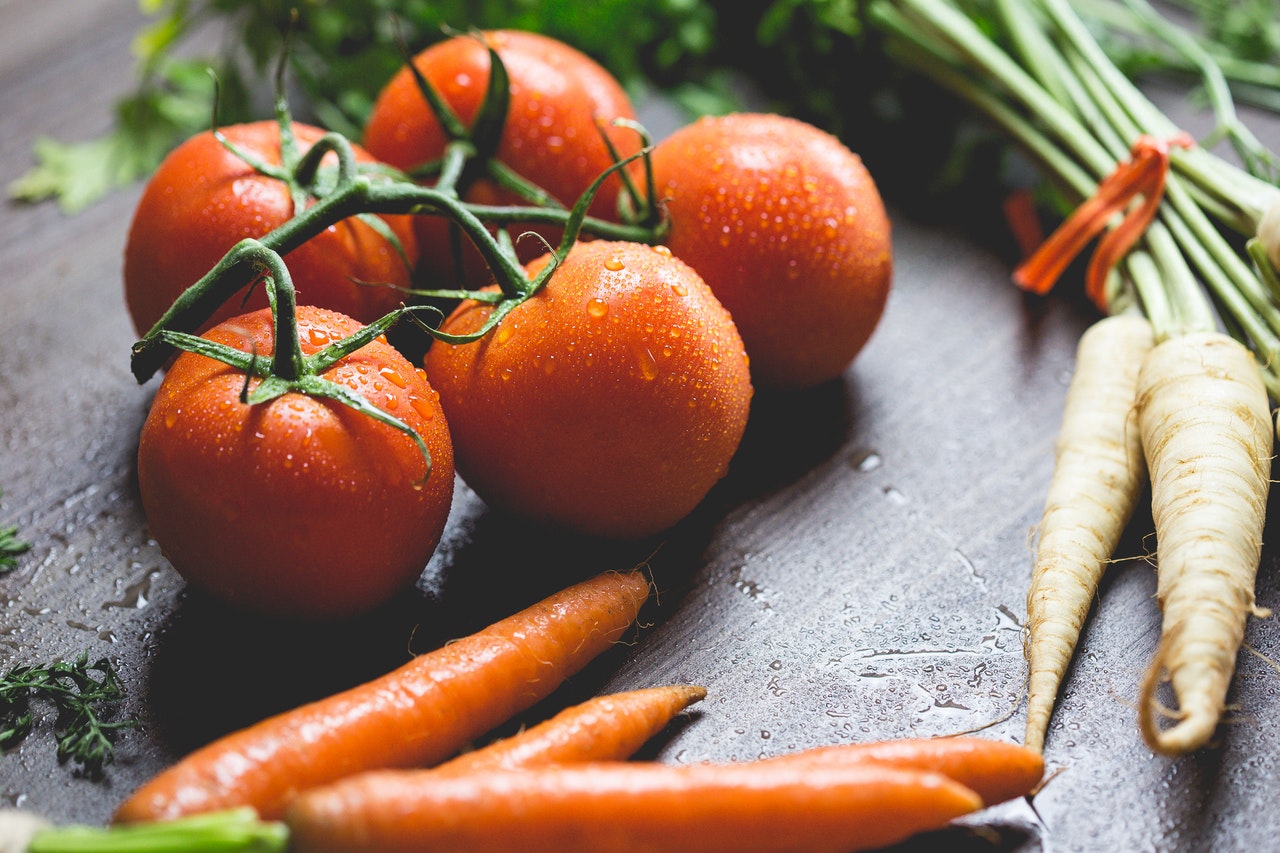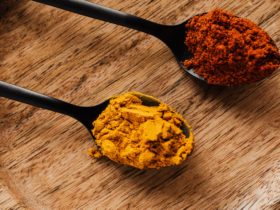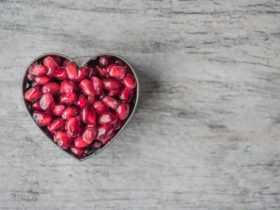1. Inflammatory fats
Several types of fat increase inflammation in the body. According to the Arthritis Foundation, a person with arthritis should limit:
- Omega 6 fatty acids: These include oils, such as corn, safflower, sunflower, and vegetable oil. Omega 6 fatty acids are not harmful in moderation, but many people in America consume a lot of them.
- Saturated fat: Meat, butter, and cheese contain this type of fat. Saturated fat should account for less than 10% of someone’s total calorie intake per day.
- Trans fats: This type of fat is harmful to human health because it reduces “good” cholesterol, increases “bad” cholesterol, and raises inflammation levels. Manufacturers have been removing trans fats from most prepared foods over the last few years but check the nutrition facts panel to be sure.
2. Sugar
One studyTrusted Source in Nutrients indicates that people who drink regular sugar-sweetened soda have an increased risk of RA. Harvard Health note that excess sugar consumption also increases the risk of dying from heart disease. It can also lead to obesity, inflammation, and other chronic diseases.
Many products contain added sugars. Always check food labels on breakfast cereals, sauces, and soft drinks, as these may contain surprising amounts of added sugars.
3. Advanced glycation end products (AGEs)
AGEs are inflammatory compounds that can accumulate in tissues, particularly as someone ages. An article in Patient Education explains that people with diseases such as diabetes and RA often have increased AGE levels. So, reducing AGE levels may help reduce inflammation.
Fat and sugar both increase AGE levels in the body. Some food processing methods and high temperature cooking also increase the AGE levels in food.
4. Nightshades
Nightshades are a group of vegetables that contain the compound solanine. Studies have not confirmed that nightshades can trigger arthritis pain, but the Physicians Committee for Responsible Medicine indicate that removing them from the diet helps improve symptoms in some people.
Nightshade vegetables include:
- tomatoes
- bell peppers
- chili peppers
- eggplant
- potatoes
The Arthritis Foundation advise that people who suspect nightshades might exacerbate symptoms exclude them from their diet for a couple of weeks, then reintroduce them one at a time.
Keeping a food diary may help a person keep track of any reactions they have to a specific food.
5. Foods high in purines
For people who have gout, a doctor may advise a low purine diet combined with the medication.
Purines are substances in foods that the body converts to uric acid. Uric acid can build up in the bloodstream, causing a gout attack. According to the Centers for Disease Control and Prevention (CDC)Trusted Source, the following foods are high in purines:
- red meat
- organ meat, such as liver
- beer and other alcohol
- cured meats such as ham, bacon or lunch meats
- some seafood, such as mussels and scallops
However, a 2018 review identified that some purine-rich vegetables, such as cauliflower, mushrooms, and beans, have no links to gout risk.
Full story at Medical News Today






Leave a Reply